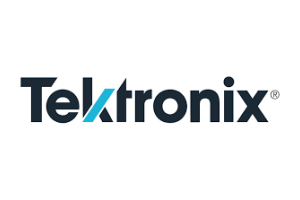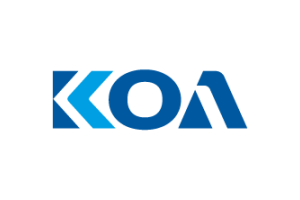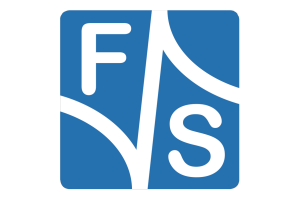Mobile e-filling station
Supply charging stations with energy by flying kite
Together with Volkswagen Group Charging, EnerKíte is developing a mobile e-fueling station that can be set up independently of existing infrastructure and can be powered by electricity generated by airborne wind power.
In electromobility, the range and availability of charging options are key competitive factors. Enerkite is to play a central role within the »Autarkic Mobile Charging Infrastructure« sub-project of the project, which will run until the end of 2024: In addition to providing airborne wind turbines as part of a self-sufficient charging infrastructure with renewable power generation, this also consists of optimizing the efficiency of these very turbines. This is to be ensured through the use of innovative technologies and recyclable materials in blade and system construction.
The TechnoHyb project, located at the Wolfsburg research campus Open Hybrid LabFactory, is dedicated to the circularity-oriented development and application of function-integrated components. TechnoHyb is publicly funded by the German Federal Ministry of Education and Research (BMBF) from 2020 to 2024.
The project consortium consists of the Institute of Design Technology (IK) at TU Braunschweig, C-CON GmbH, INVENT GmbH, Fraunhofer Institute for Machine Tools and Forming Technology IWU, FIT Umwelttechnik GmbH and Volkswagen Group Charging GmbH. The Brandenburg start-up EnerKíte, which is involved in the development of airborne wind turbines, has now become the latest member of this research consortium and a member of OHLF e.V..
EnerKíte Managing Director Florian Breipohl comments: »We are pleased to join this pioneering research project as a partner. We expect it to provide further impetus for improving our own technology, making it even more efficient and, by taking into account recycling- and function-oriented component design, even more sustainable. Above all, however, in the field of a grid-independent charging infrastructure, the EnerKite technology can fully bring to bear systemic strengths such as constant power generation, on-demand operation, simple transport and rapid commissioning. The decentralized, autonomous charging infrastructure for widespread supply of e-mobility anywhere in the world is an important use case for Airborne Wind Energy.«
The research project will also address the aspect of regenerative energy generation and its intermediate storage in a context using the example of the flexible charging pole Flexpole. Thus, in addition to the development of self-sufficient charging infrastructure with battery storage for more sustainable forms of mobility, a value-creating bridge between electromobility and the energy industry will also be established.
Research for cycle-capable vehicle concepts
At the Open Hybrid LabFactory research campus, or OHLF for short, universities, small and medium-sized enterprises (SMEs), well-known OEMs and start-ups have been working under one roof since 2016 on key technologies for the mobility of the future. The aim of the research campus is to effectively promote innovation. By industry and science acting on an equal footing, this is to be achieved both for the area of the Circular Economy and for lightweight construction.
A research building has been created that represents the entire value chain, from material to production to product and recycling. In order to realize this merger and to be able to work in a targeted manner, the Open Hybrid LabFactory e.V. (OHLF e.V.) was founded as a public-private partnership to offer a neutral platform for joint research activities.
EnerKíte has already been working since 2010 in close cooperation with industrial partners and leading German research institutions such as DLR, TU Berlin, BTU Cottbus and the Fraunhofer-Gesellschaft on the development of airborne wind turbines and is one of the world's leading companies in this field.





